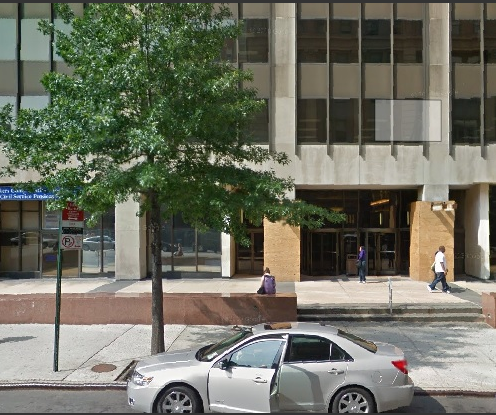State not responsible for Brooklyn guard’s tortious actions

New York state, as an employer, is not responsible for a security guard who punched a wooden bench, injuring a bystander, the Brooklyn appellate court ruled.
Rozob Ali was sitting on a wooden bench in the Brooklyn office of the New York State Workers’ Compensation Board, located on Livingston Street, when he noticed a security guard speaking on his cellular phone close to a nearby window. Not viewing the use of a cell phone while on the job an unusual occurrence, Ali went back to reading his newspapers. Suddenly, the same security guard walked over and punched a wooden bench located in front of Ali. The punch caused the bench to collapse, injuring Ali.
It was later discovered that the guard had received news of his grandmother’s death and punched the bench in a fit of rage and grief.
